This city has been Russia’s arms capital for centuries (PICS + PHOTO)
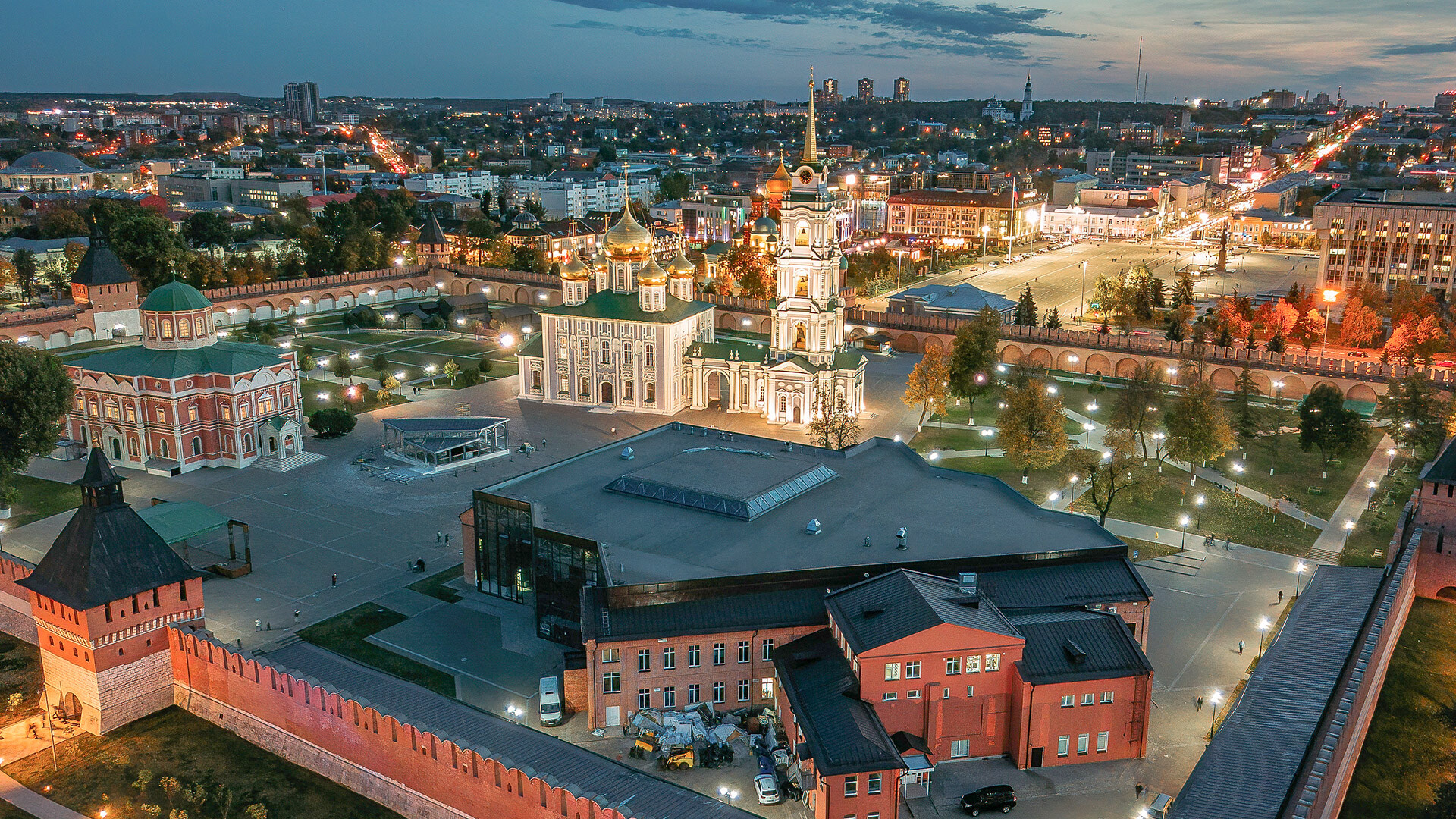
“Tula has been forging weapons for centuries, has become like a gun itself,” are lines from an old Soviet song, entirely dedicated to the famous Russian city of gunsmiths. It is difficult to name a military conflict in Russian history over the last three hundred years in which weapons created in Tula were not used.
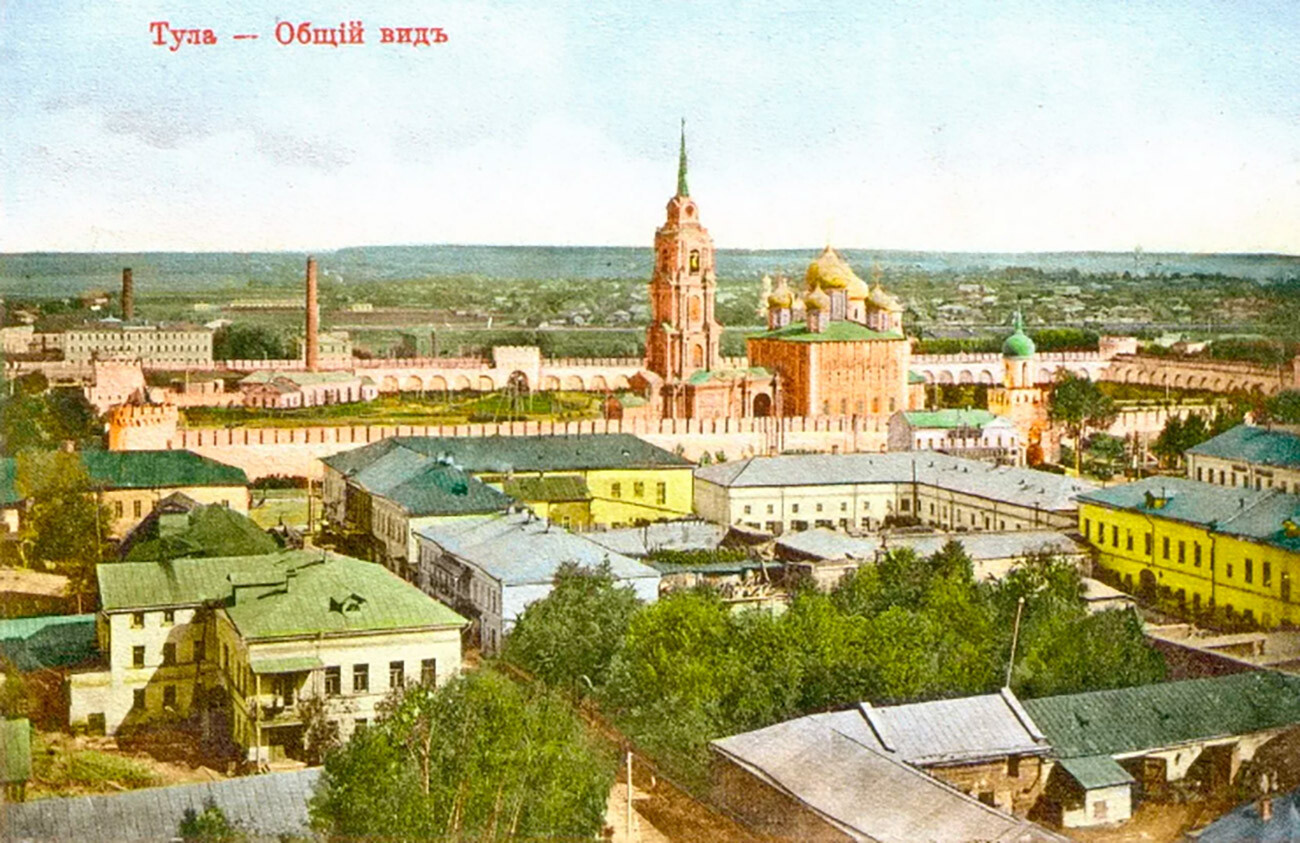
Located 200 kilometers south of Moscow, Tula began its historical journey in the 12th century as a small fortress of the Ryazan princedom lost in the dense forests. In 1503, the already sprawling city was annexed to the Grand Duchy of Moscow, where it was used as a shield against the raids of the Crimean Tatars.
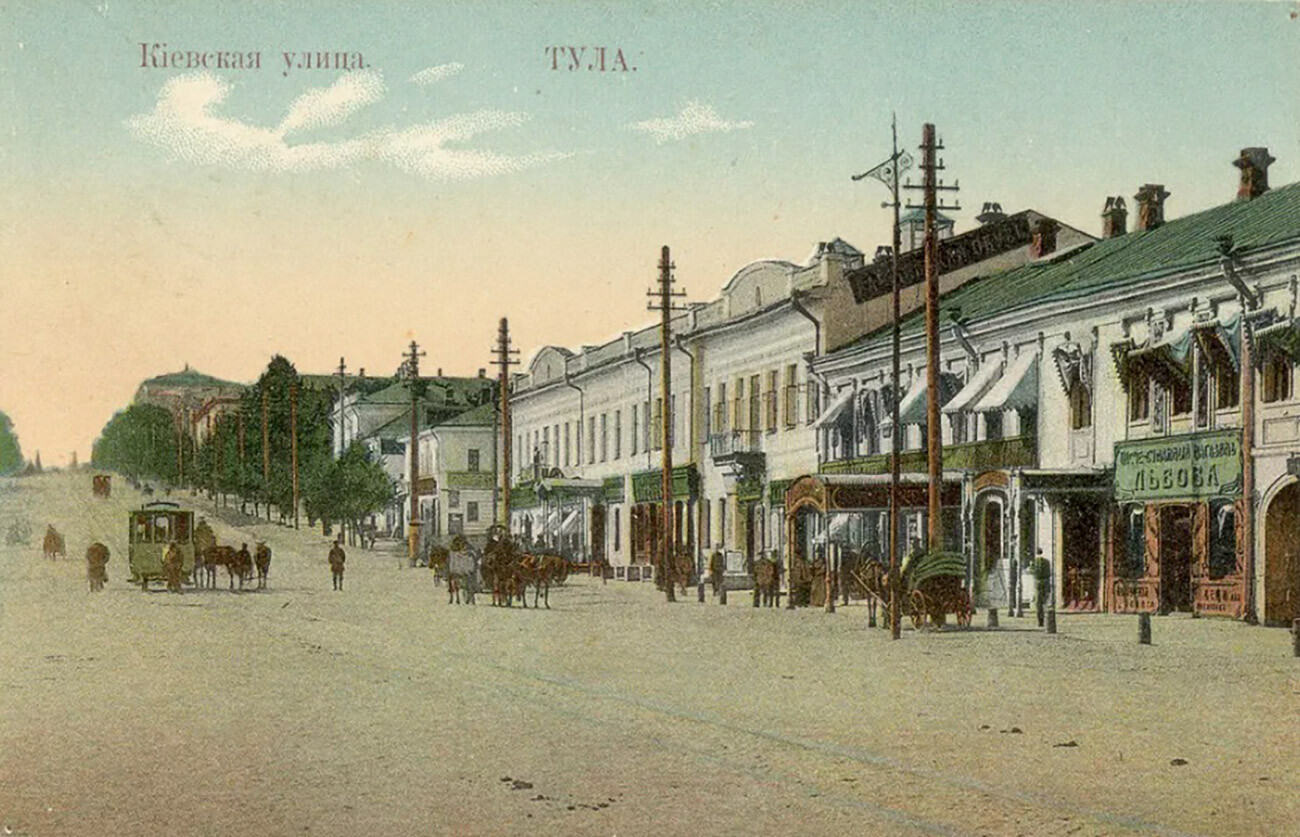
In 1521, the construction of a stone Kremlin was completed in the city, after which it successfully withstood numerous enemy attacks. In 1552, Tula was besieged by the 30-thousand-strong army of the Crimean Khan Devlet I Giray, who, “the whole day, approached and hit the city with arrows and cannonballs from cannons and, in many places, the yards in the city caught fire”. Tartars tried to break through to the heart of Russian lands and prevent Tsar Ivan IV the Terrible from carrying out a campaign to Kazan, but the heroic defense by the Tula people foiled all their plans.
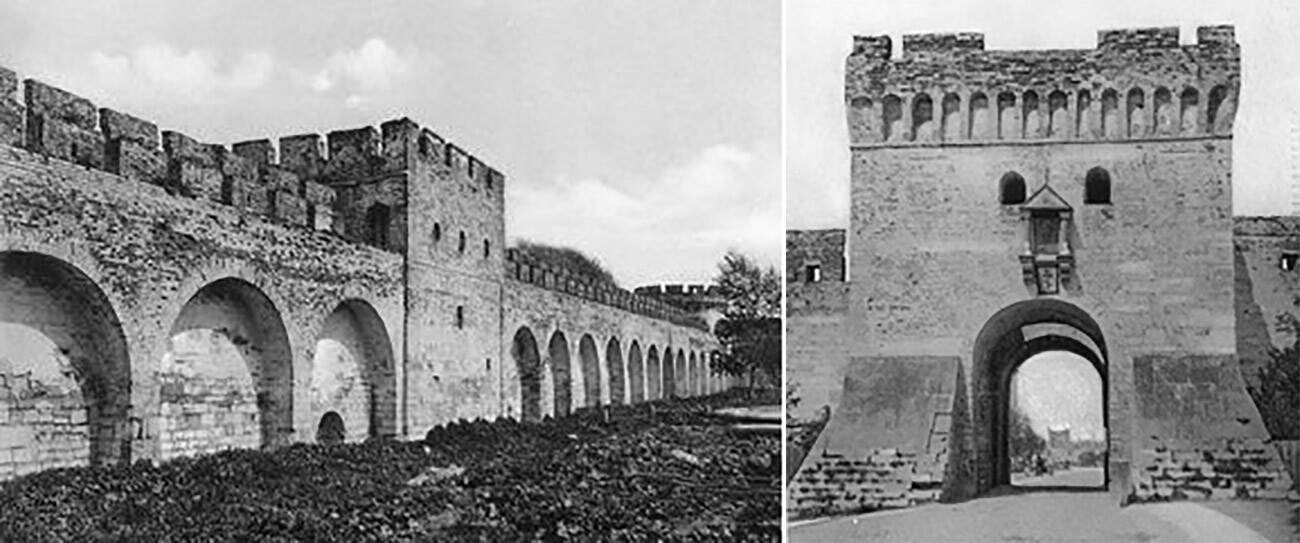
By the middle of the 17th century, the border of the Russian state had shifted south, leaving Tula deep in the rear. The proximity to the capital, the successful location at the crossroads of trade routes and rich deposits of brown iron allowed the city from a defensive outpost to re-qualify as a major industrial center. At the direction of the Tsar Fyodor Alekseevich, numerous blacksmiths settled there, who carried out “tsar’s weaponry”.
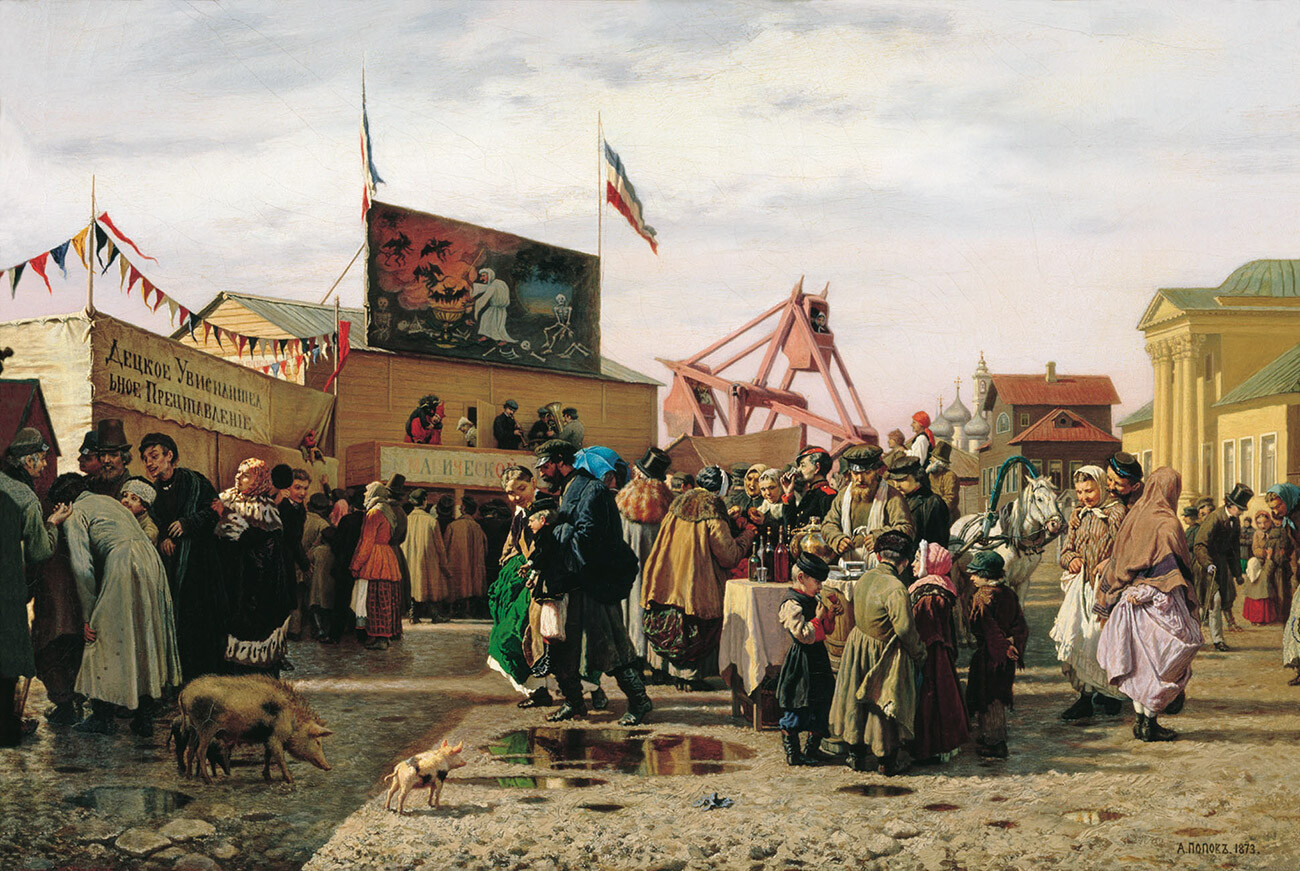
February 15, 1712, Tsar Peter I decreed in Tula “to build factories where fuse guns could be made, pistols drilled and wiped and broadswords and knives sharpened with water”. Thus, Russia’s oldest gun factory was founded, whose products soon began to actively supply the Russian army fighting against the Swedes.
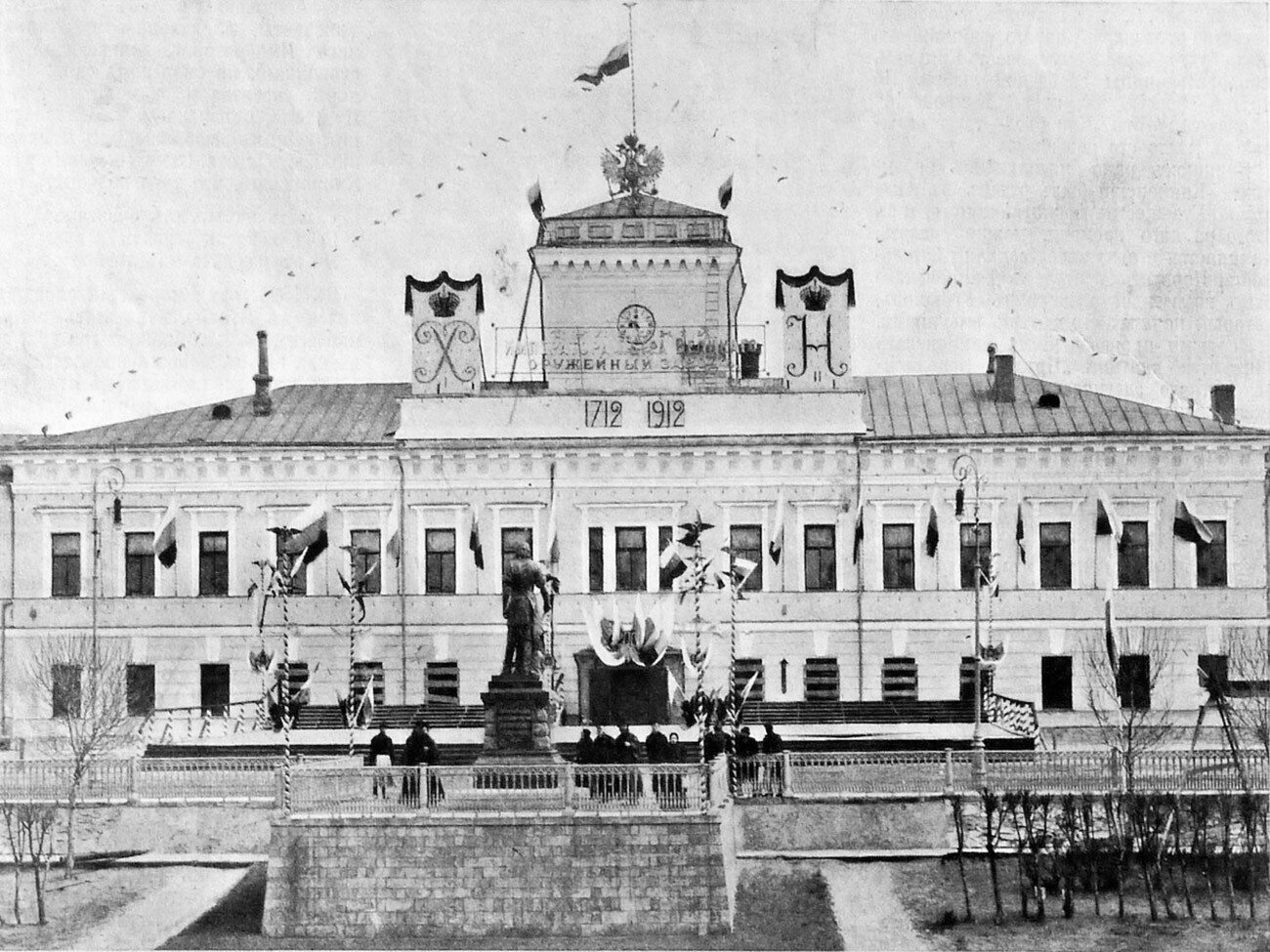 Imperial Tula Arms Plant.
Imperial Tula Arms Plant.
During the Patriotic war of 1812 and the campaign of the Russian army in 1813-1814 years, Tula gunmakers put about 600 thousand guns on the front. More than half of all rifles and almost all machine guns of the Russian troops during World War I were produced in Tula.
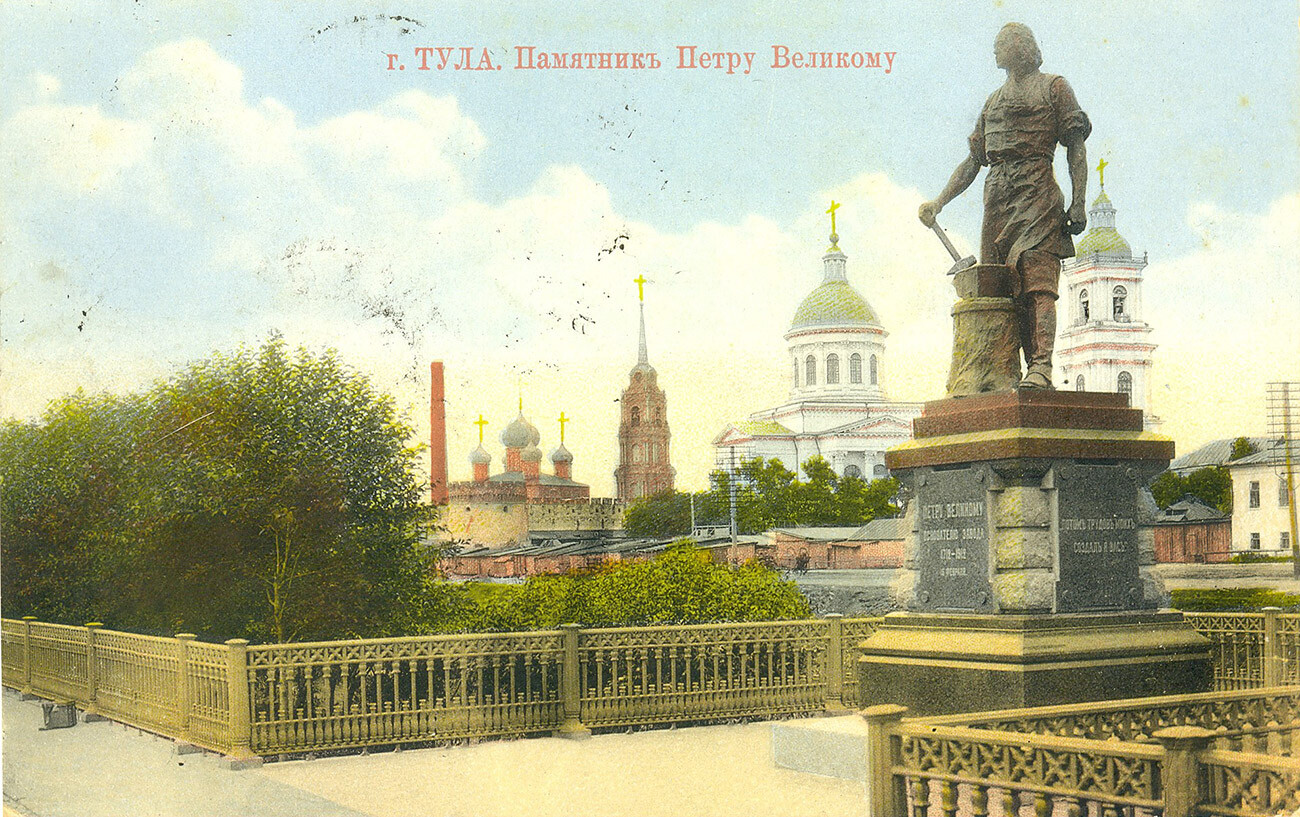
At various times, such gunsmiths as Sergei Mosin, creator of the famous 3-prong rifle of 1891, Fedor Tokarev, developer of the TT pistol and SVT-38/40 rifle, as well as Vasily Degtyarev, designer of one of the main machine guns of the Red Army during World War II, worked at the Tula Arms Plant. The latter himself was born in Tula in a family of gunsmiths.
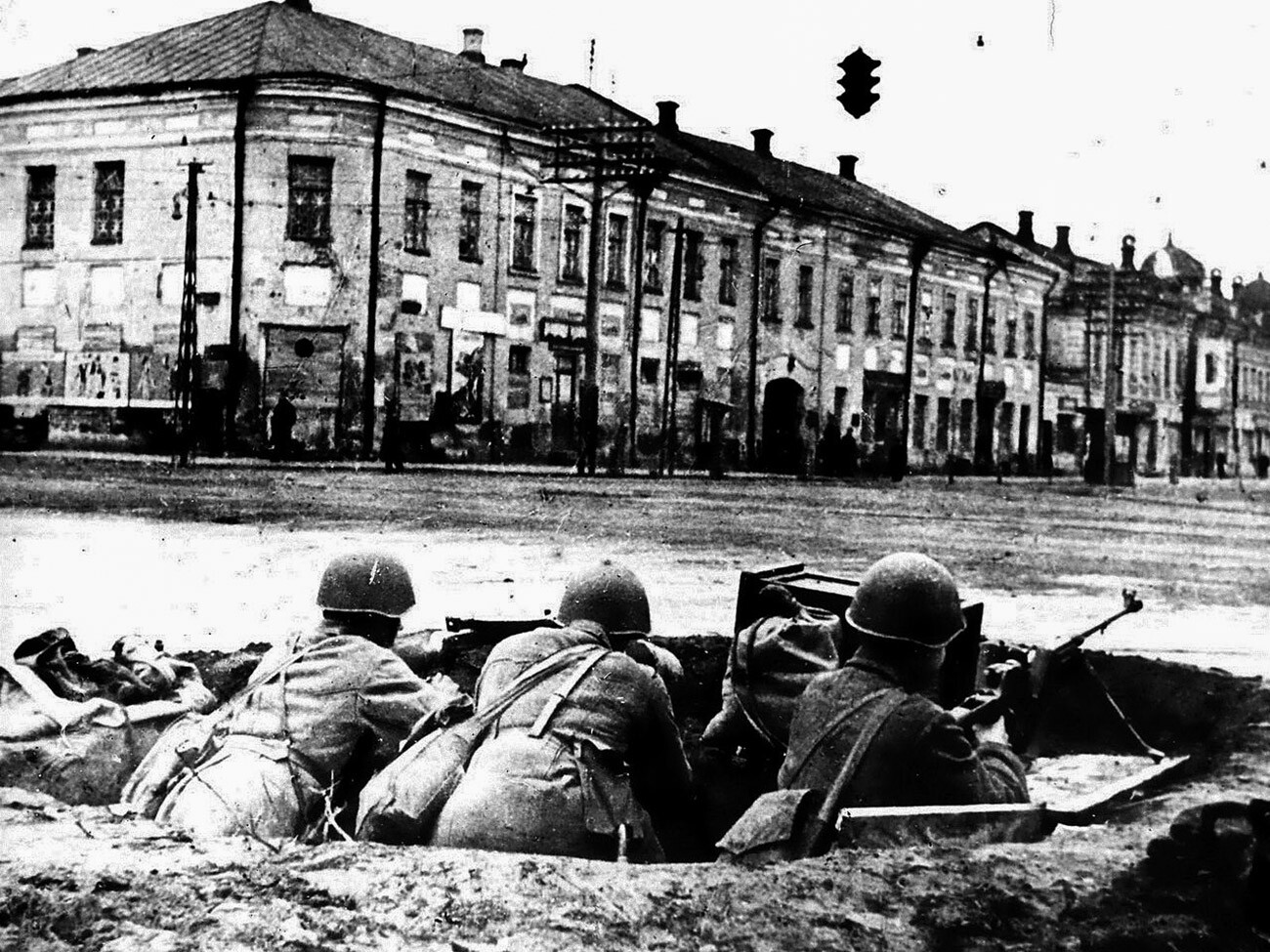 Defenders of Tula, 1941.
Defenders of Tula, 1941.
In addition to the mass production of weapons, skilled Tula masters were also engaged in the production of single copies on special orders. The ceremonial and hunting rifles, made for the needs of the royal court and the leaders of the Soviet Union, decorated with gold, silver, ivory and mother of pearl became true works of art.
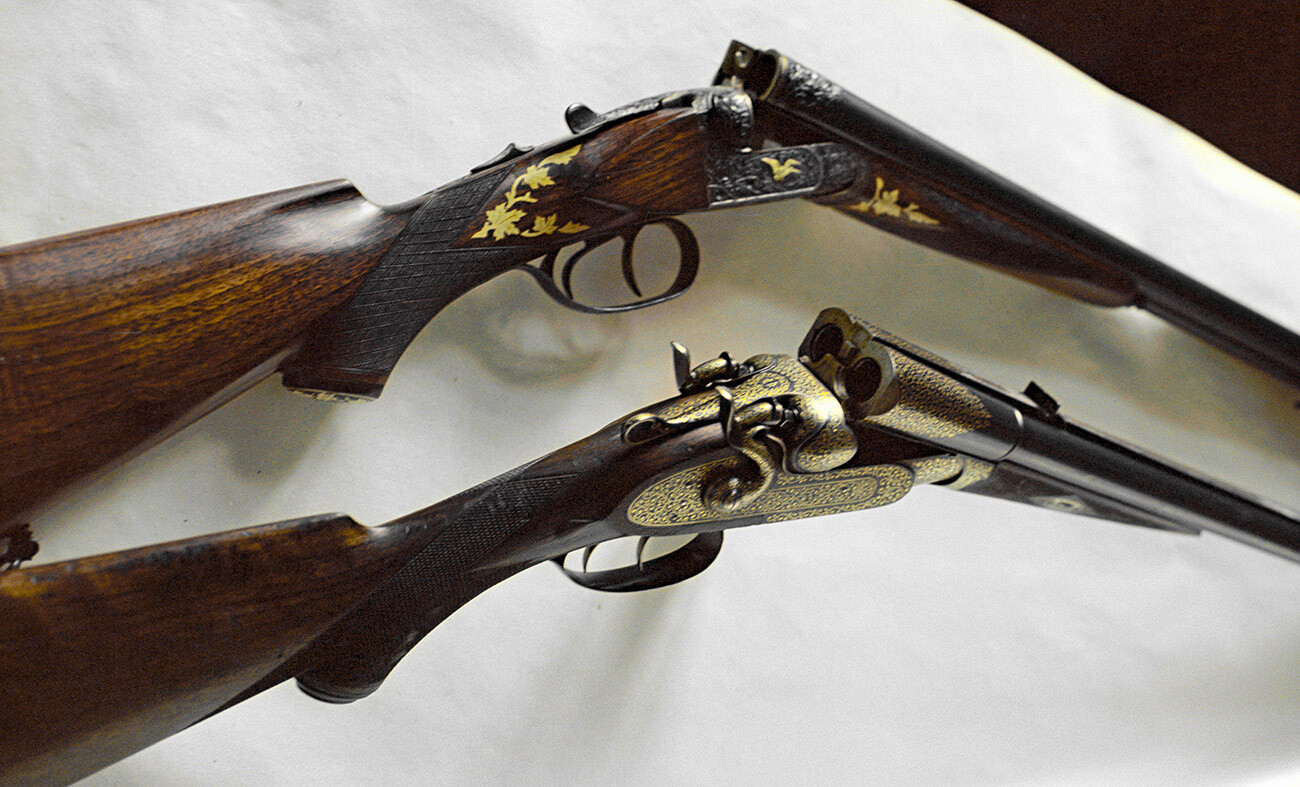
Tula continues to arm the Russian army today. There are 25 defense enterprises operating in the city and the region. The trademark of Tula armament manufacturers today are, among others, the ‘Pantsir-S1’ surface-to-air missile system, the ‘Shmel’ hand-held infantry flamethrower and the ‘Smerch’ multiple-launch rocket system.
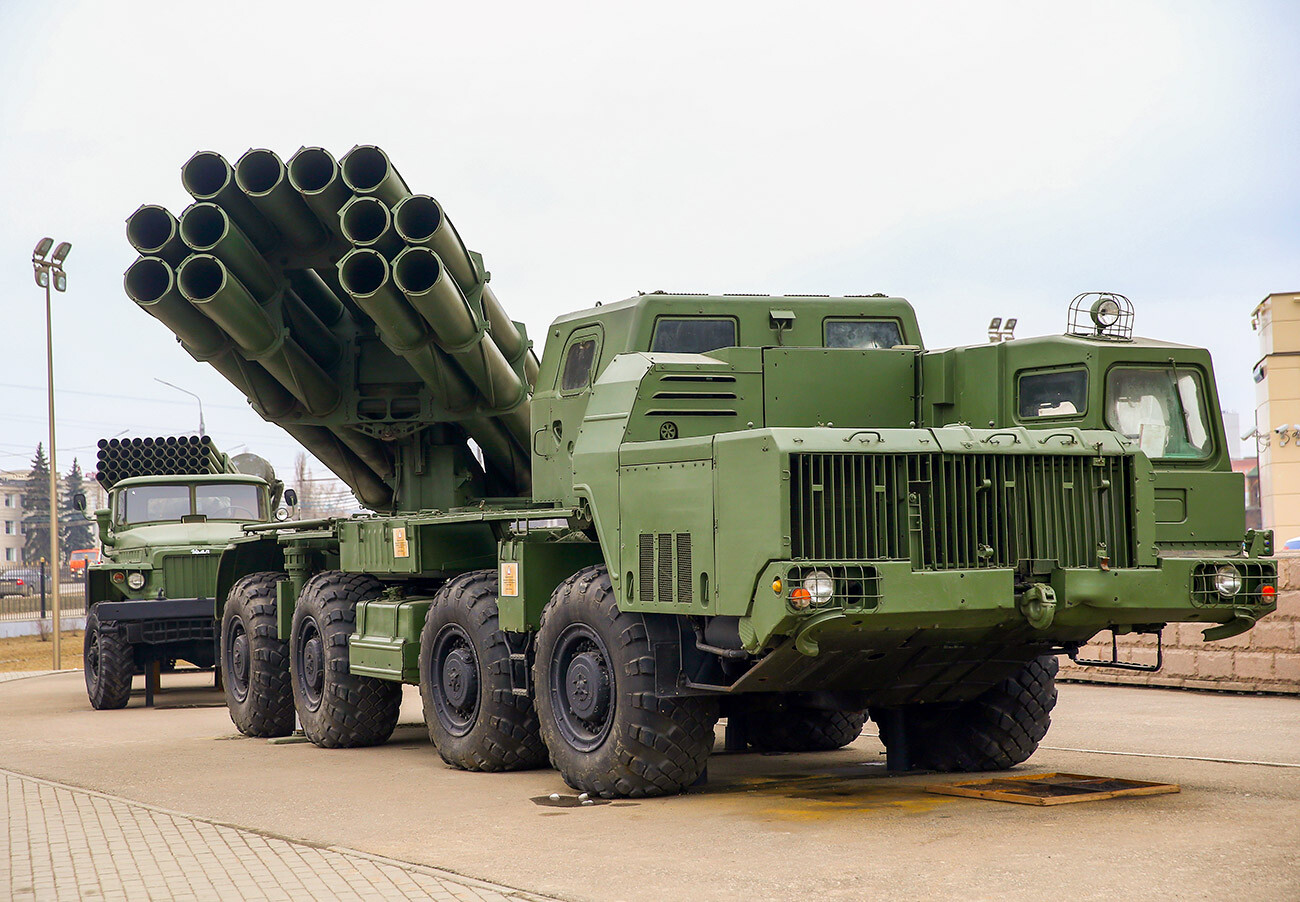 9A52-2 'Smerch-M' heavy self-propelled 300 mm multiple rocket launcher.
9A52-2 'Smerch-M' heavy self-propelled 300 mm multiple rocket launcher.

